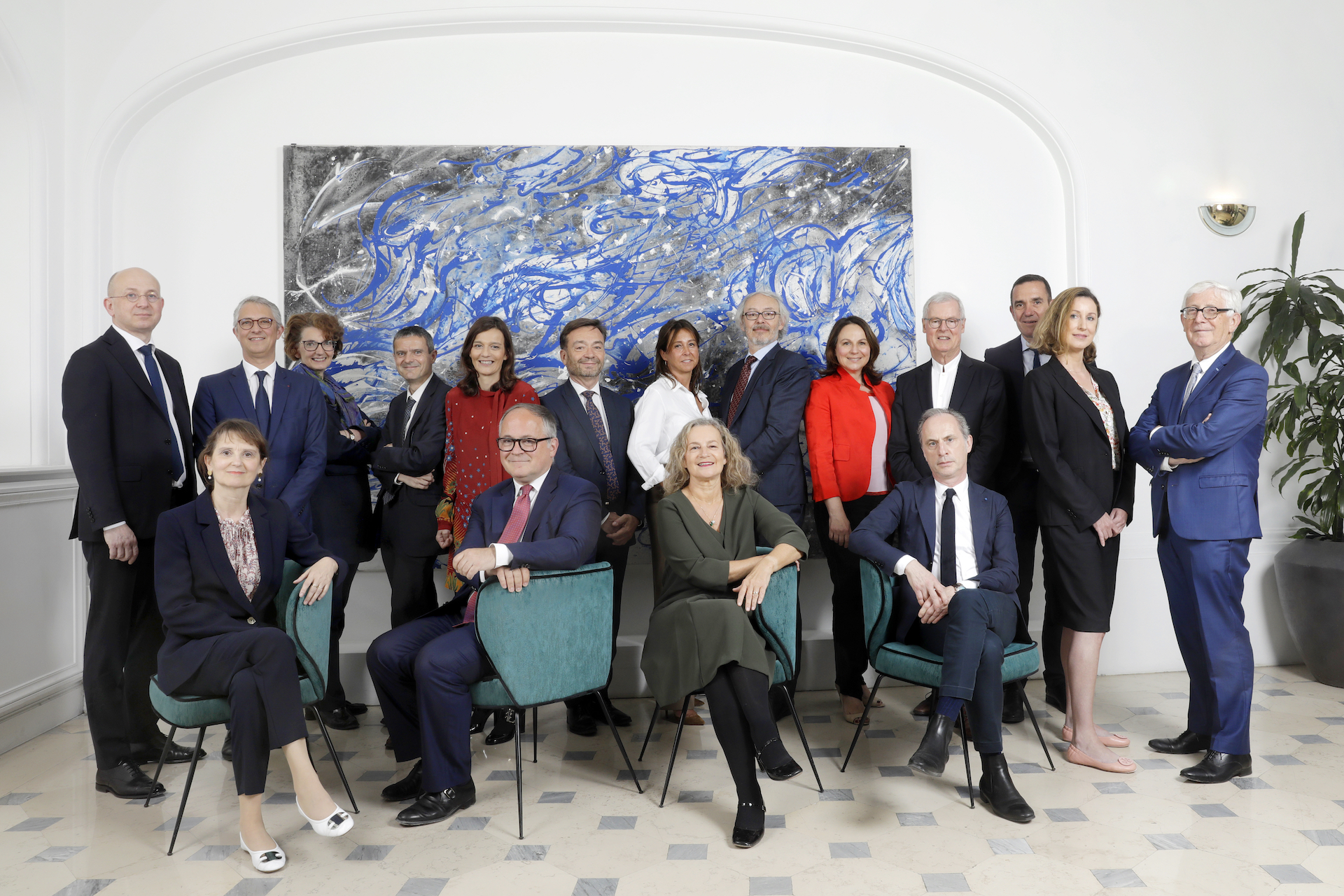Missions
The Autorité de la concurrence is the competition regulator in France, an independent body serving competitiveness and the consumer.
Enforcing competition rules
Competition drives the economy and is a boon for consumers. It encourages competitive prices, a rich and varied offer, and the emergence of innovative services. It boosts companies’ competitiveness, forcing them to be increasingly innovative, and this stimulates growth and jobs. Ultimately, everyone wins!
For the system to work well, there must be a strong, independent regulator that regulates the balance of power between economic stakeholders, gives new entrants a chance and prevents cartels and monopolies.

Find out more about the Autorité de la concurrence
Independent regulation: a necessity to prevent abuse of the market economy
Competition arrived in France properly with the establishment of the market economy, introduced by the French ordinance of 1 December 1986. Along with the end of administered prices and freedom for economic stakeholders came the introduction of independent regulation, which is absolutely necessary to prevent, control and, where necessary, penalise anticompetitive practices.
From the Commission technique des ententes to the Autorité de la concurrence: key dates
- 1953 – Creation of the Commission technique des ententes.
- 1963 – Expansion of the powers of the Commission to include abuse of dominant position.
- 1977 – Creation of the Commission de la concurrence, with an even wider remit, including advising the French government on all competition issues and giving opinions on mergers.
- 1986 – Adoption of the French ordinance on pricing freedom and competition, creating the Conseil de la concurrence. It is given the power to apply penalties and its advisory role is strengthened (it has to be consulted on certain draft texts).
- 2001 – The French law on New Economic Regulations (“NRE Law”) enhances the powers of the Conseil de la concurrence, raising the ceiling on fines and introducing new tools (leniency, no contest of objections).
- 2008 – Creation of the Autorité de la concurrence by French law 2008-776 on the Modernisation of the Economy (“LME Law”). Its missions are expanded and its independence is reinforced. The Autorité is given powers to review mergers and acquisitions (until then, this had been the Minister of the Economy’s responsibility). It now has a power of initiative in advisory matters and its own investigation services.
- 2015 – Under the “Macron Law”, the Autorité is given additional missions regarding the regulation of certain regulated legal professions (notaries, court bailiffs, judicial auctioneers, etc.).
- 2021 - Transposition of Directive 2019/1 of 11 December 2018, known as ECN+ (by French ordinance 2021-649 of 26 May 2021), which enhanced and extended the powers of the Autorité, including the possibility of rejecting complaints that do not correspond to its priorities, the possibility of implementing interim measures on its own initiative, the possibility of ordering structural injunctions in the context of a dispute, and the possibility of accessing the data of companies under investigation, regardless of the storage location, and accessing the encryption keys.
An independent, collegiate institution
The Autorité de la concurrence’s composition and organisation guarantee its independence and impartiality.
So although the Autorité acts on the State’s behalf, it is not subject to the government’s authority in the fulfilment of its functions.
Cases are investigated in complete independence by its Investigation Services, which are led by the General Rapporteur.
At the end of inter partes proceedings, cases are reviewed by the Autorité’s Board (Collège).
The Board has 17 members, who are current or former members of the French Administrative Supreme Court (Conseil d’État), Supreme Court (Cour de cassation), Court of Auditors (Cour des comptes) or other administrative or ordinary courts, or who are chosen for their economic expertise.

Activities of the Autorité de la concurrence
To ensure compliance with public economic policy, the Autorité de la concurrence has a number of tools. Acting on referral or on its own initiative, the Autorité performs four types of functions:
- Combating cartels and abuses of dominant position
The Autorité de la concurrence intervenes when the balance of competition is distorted and represses anticompetitive practices (cartels, abuses of dominant position) by issuing interim measures, injunctions or fines, where necessary.
- Reviewing mergers and acquisitions (“concentrations”)
Prior to their completion, the Autorité de la concurrence reviews concentrations (mergers, acquisitions, joint venture creations, etc.) above a certain size. Once its review is complete, it can either clear the transaction (unconditionally or subject to conditions) or block it.
- Formulating opinions and issuing recommendations (“advisory” activities)
The Autorité de la concurrence can issue opinions, on referral or on its own initiative, on draft texts or reforms being considered by the government or on any competition issue that merits public debate. These opinions may be accompanied by recommendations aimed at improving market competition.
- Regulating the regulated legal professions
To support the modernisation of certain regulated legal professions, e.g. notaries and court bailiffs, the Autorité de la concurrence is responsible for advising the government on the establishment of new professionals throughout France and on pricing.
Acting across borders
The Autorité de la concurrence works in close collaboration with the European Commission and the 27 other national competition authorities in Europe to ensure coherent, unified regulation within Europe. It is one of the most active authorities within the European Competition Network (ECN).
The Autorité de la concurrence also maintains a strong and influential international presence, whether as part of the International Competition Network (ICN), within multilateral bodies like UNCTAD and the OECD, or as part of regional organisations such as the West African Economic and Monetary Union (UEMOA) and the Association of Southeast Asian Nations (ASEAN).
